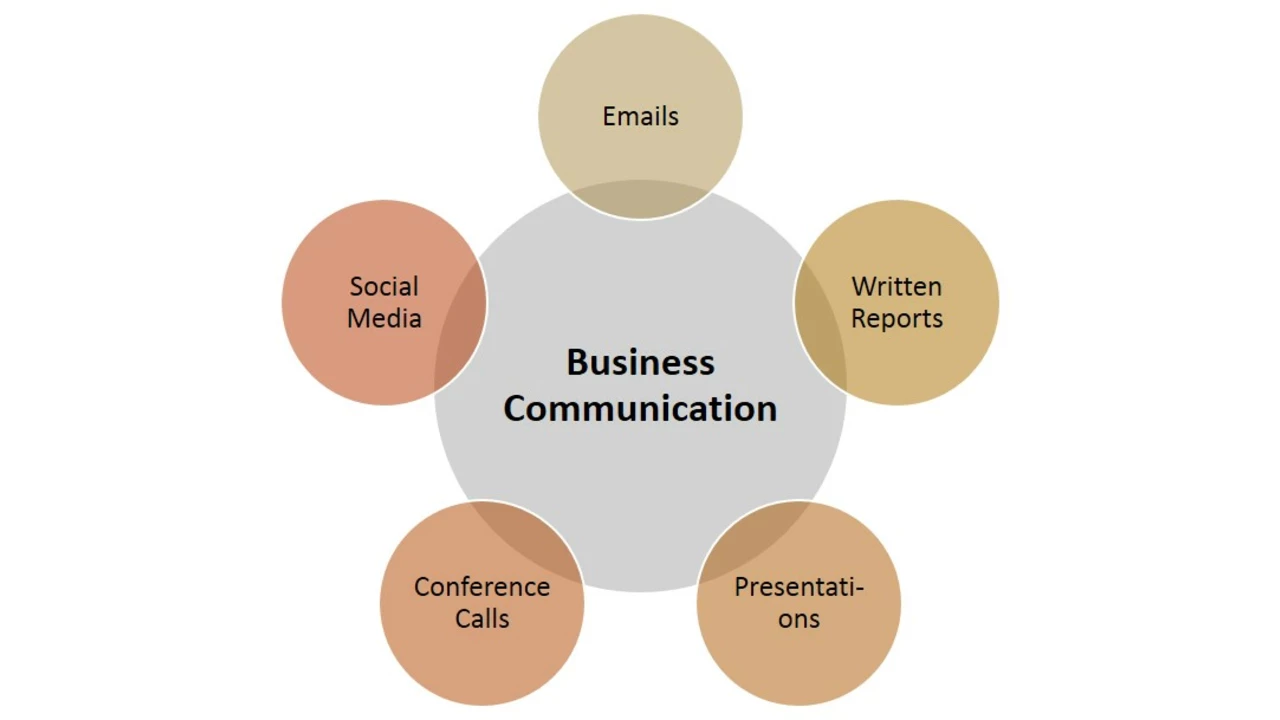Alcohol Influence: What It Means for Your Health and Everyday Life
Ever wonder why a night out can leave you feeling off the next day? That’s the alcohol influence at work. It’s not just a buzz; it changes how your body and mind operate. In this guide we’ll break down the real effects, from a quick head‑ache to longer‑term health risks, so you can see what’s really going on.
How Alcohol Affects Your Body
When you drink, alcohol slides straight into your bloodstream and heads for the brain. In the short term you might feel relaxed, talkative, or a bit clumsy. Those are signs your nervous system is being dulled. The liver steps in to break down the alcohol, but it can only handle about one drink per hour. Anything more piles up, and you start to feel the hangover.
Regular drinking adds up. It can raise blood pressure, damage liver cells, and increase the chance of heart disease. Even moderate drinking over years may sneak up on you with hidden cholesterol spikes or higher diabetes risk. The key is to notice patterns early – a few extra drinks a week can become a habit before you realize it.
Social and Behavioral Impacts
Alcohol doesn’t just stay in your body; it seeps into your relationships and daily routine. A few drinks at a party might boost confidence, but the same habit at home can strain family ties or work performance. People often underestimate how quickly an occasional buzz turns into a coping tool for stress.
On the social side, drinking can shape how you’re seen by friends and coworkers. Being the “life of the party” might feel rewarding, yet it can also create pressure to keep up. When you start relying on alcohol to fit in, you risk losing genuine connections that don’t revolve around drinks.
Legal issues are a real part of the picture too. Driving under the influence, public intoxication, or under‑age consumption can land you in court, cost money, and ruin a clean record. Knowing the legal limits in your area helps you avoid accidental trouble.
So what can you do? First, pay attention to how you feel after each drink. Keep a simple log – number of drinks, time, and how you’re feeling. If you notice mood swings, memory gaps, or trouble sleeping, it’s a sign to cut back.
Second, set realistic limits. The common guideline is no more than two drinks a day for men and one for women, but personal health and family history matter. If you have a condition like high blood pressure, even those limits might be too high.
Third, find alternatives. Sports, hobbies, or evening walks can replace the ritual of reaching for a glass. When friends suggest a round, suggest a non‑alcoholic option or a game that doesn’t center on drinking.
Lastly, don’t hesitate to ask for help. Doctors, counselors, or support groups can give you tools to manage cravings and understand the deeper reasons you might turn to alcohol.
Understanding alcohol influence gives you power to make choices that protect your health, relationships, and future. Small changes now can keep you feeling clear‑headed and in control for years to come.
In my latest blog post, I dive into the age-old question, "Does he mean what he says when he's drinking?" After examining both scientific and anecdotal evidence, it seems that alcohol can both reveal hidden truths and conjure outright fabrications. Some believe booze lowers inhibitions, making people more likely to speak their minds, yet others argue it might just loosen tongues to spin tales. It seems the truths, half-truths, and total lies are all mixed in the cocktail of alcohol-induced conversations. Therefore, it's advisable not to take everything said under the influence at face value.
